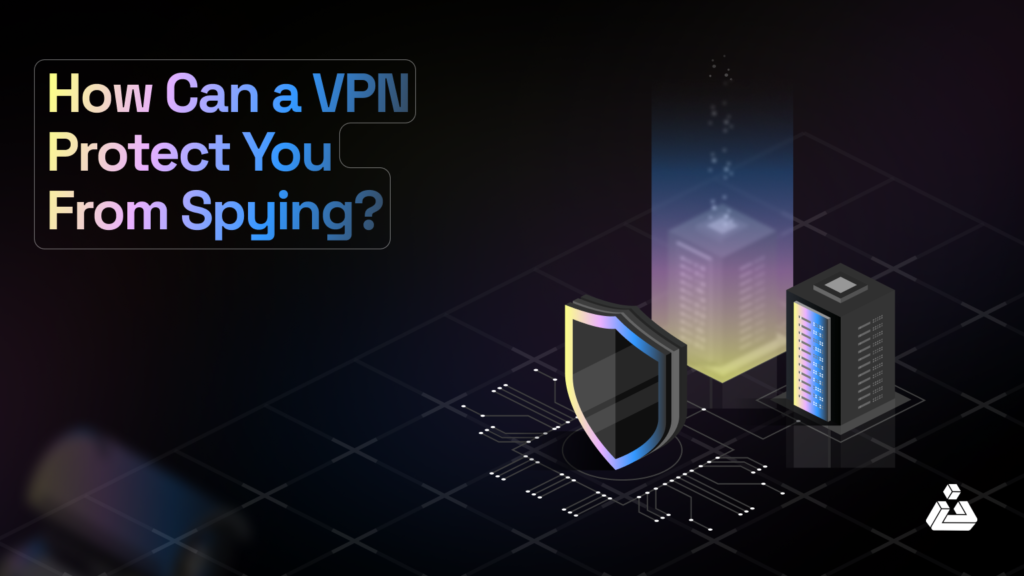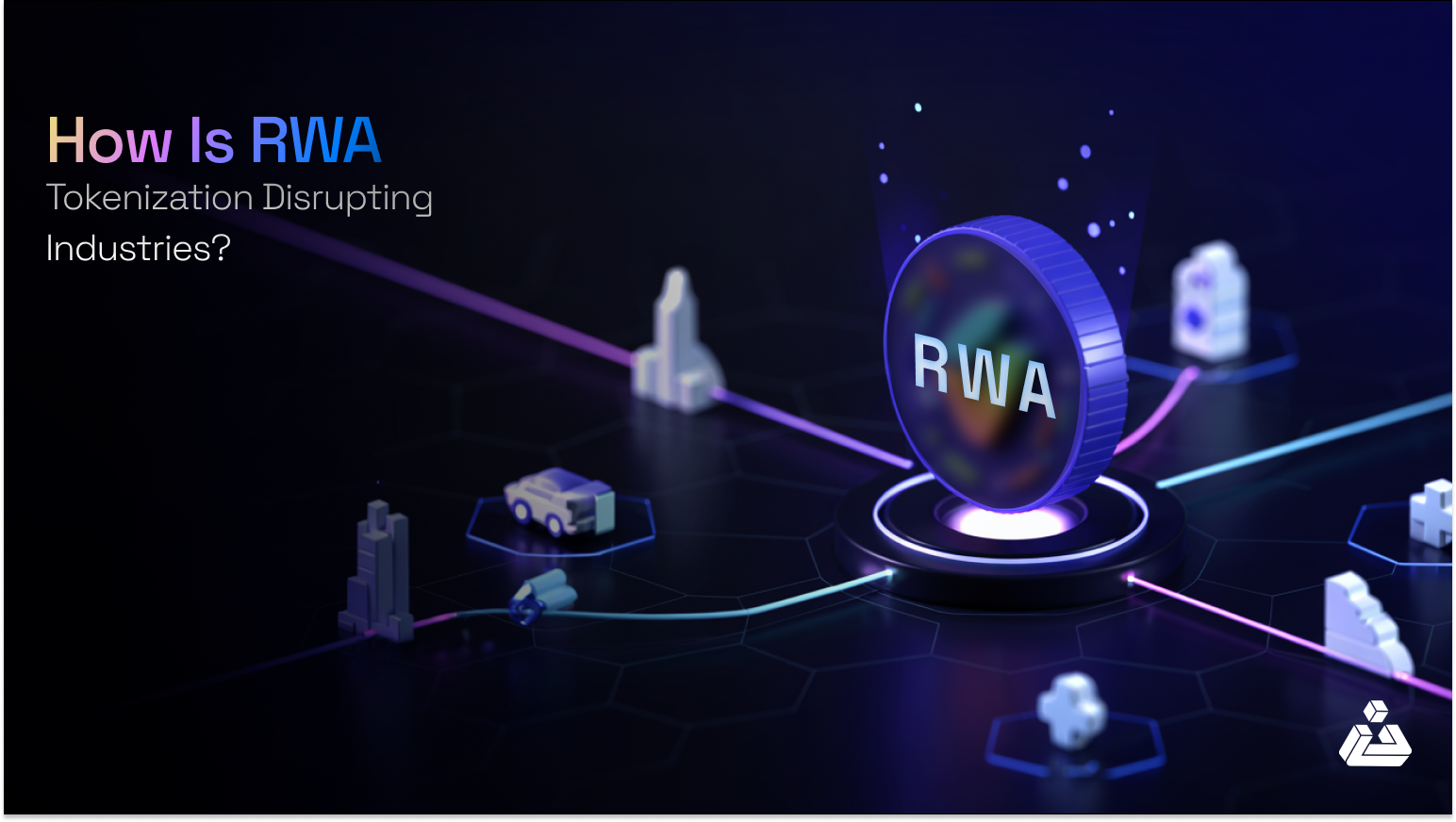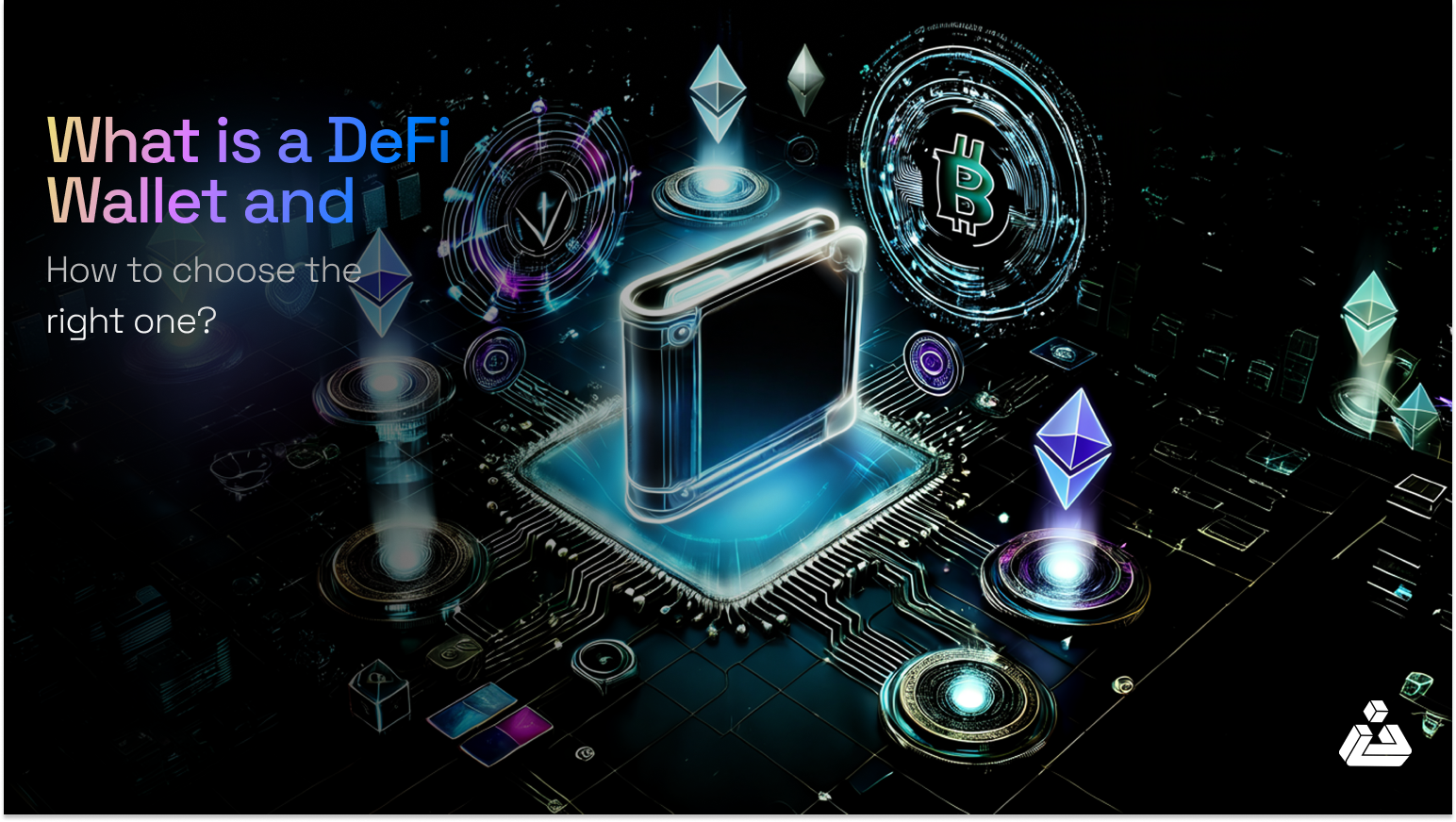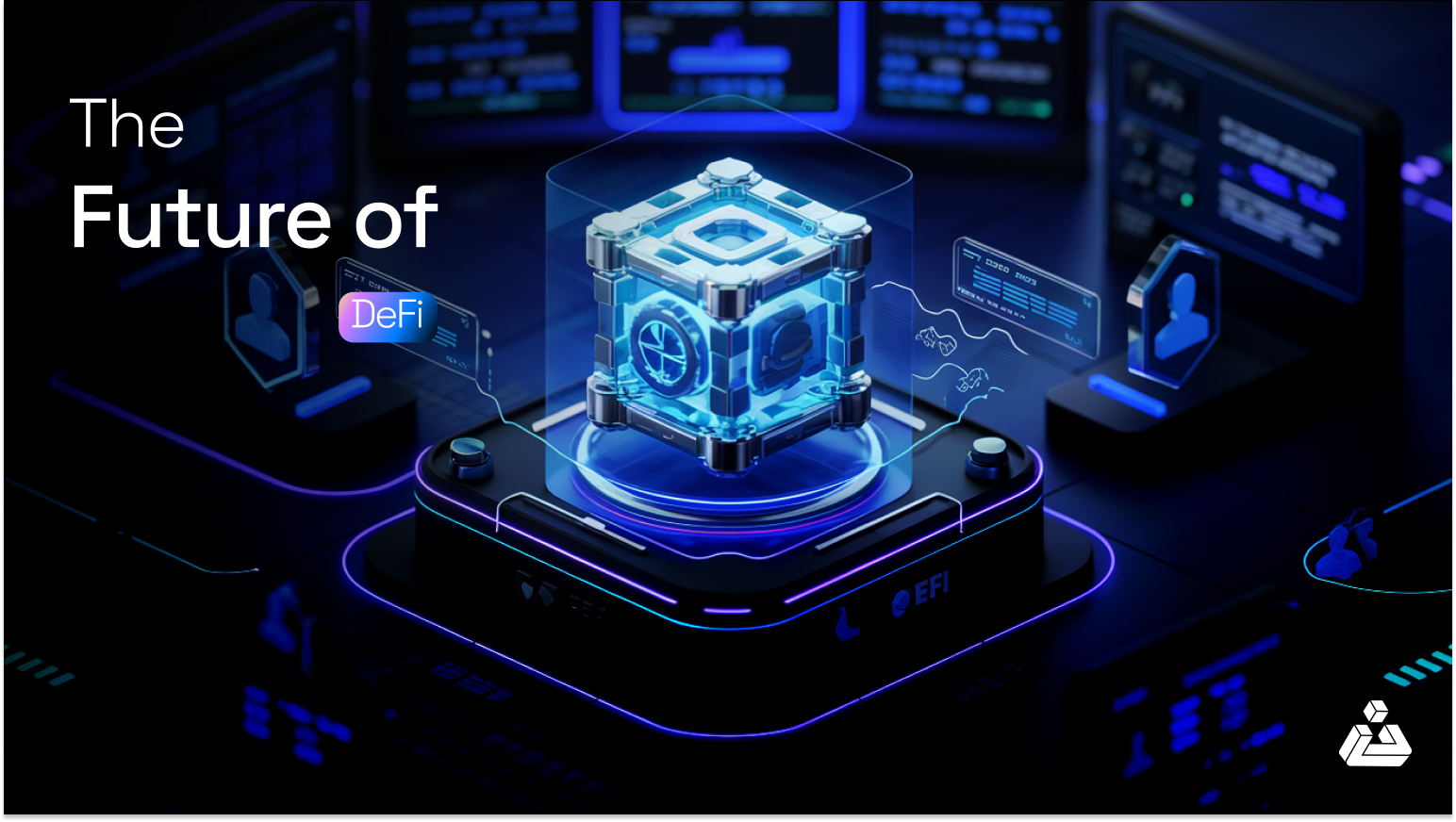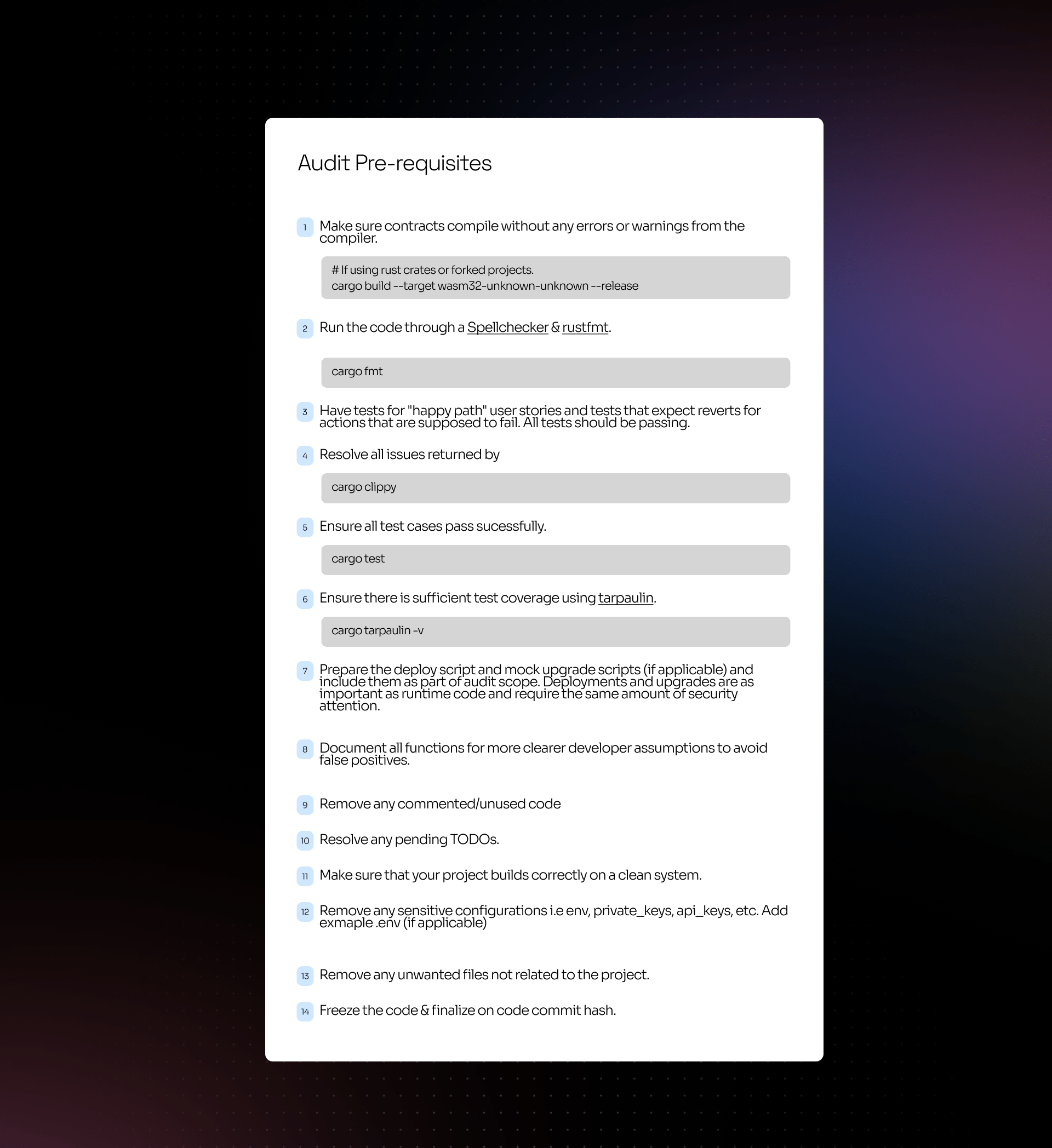Did you know that your computer must have been spied on with malicious software at some point or another?
Well! To begin with the story, around the world there are 90% of people whose computers and other technological devices get infected with spying viruses. But the story doesn’t end here! The sad truth about it is that more than half of the time people are not even aware of such things and along the road, they lost valuable assets.
Now you see how this can be a great issue! So what you can do about it? What anti-viruses can you use to protect your technological devices?
Although various options are available to protect one’s computer, today, we will specifically focus on VPN. Let’s explore!
What is VPN & How Does It Work?
Starting from the basics, in layman’s terms a virtual private network or VPN protects your online footprints by encrypting them such as your browsing history, the files/documents you download, login information, and much more. This usually happens when a user is consuming an open WiFi.
So how the VPN protects us? Well, the VPN uses a private network that helps users mask their surfing history on the internet, hackers even advertisers can’t steal the data and use it for their means.
Sounds like VPN could be a potential candidate for prevention against spying. Let’s deep dive more and before coming to any conclusion explore its benefits and drawbacks.
Benefits & Drawbacks of VPN:
Some benefits which a VPN provides are:
- Reliable encryption i.e no one can trespass and see your activity
- No activity log i.e no hacker can access the activities you are doing
- Usually, they are also available on all operating systems.
- Some of the VPN-providing companies also offer 24/7 customer service
- They also offer high-quality speed
- A considerable number of servers covering several dozens of countries.
But, an interesting twist comes when companies offer all these services with a price i.e Paid VPN. Since free cheese is not even granted to a mouse with a trap, a free VPN doesn’t give all these royalties to its customer.
From the benefits of the VPN list, we can conclude that if it has reliable encryption like AES-256 and does not run an activity log, that VPN can save you from spyware.
You must be having a question! Is it really true?
Yes and No!
Yes, it would protect you from being traced out and being spied on, on the internet. But your service provider will only have access to your IP address. Generally, the service provider does not breach the privacy of the users and invade it or share it with anyone.
Now focus on the word generally because in some cases the service providers are obliged to provide this kind of information to the government. So if your country’s laws include such aspects a VPN service provider is bound to steal your information.
Apart from that, you must also be aware that a VPN protects you from being spied but if you accidentally download any malware to your technological device VPN won’t protect you there. In order to be fully protected you need to have antivirus software on your computer.
So, now we have answered your concern, a VPN protects you from being spied but you should also be aware of the limitations that follow along.
How Can You Protect Yourself From Spying?
Remember, VPN is a smart option in the market that provides you protection against your surfing activities but it can not prevent any kind of malware, or spyware downloaded on the computer.
Nevertheless, let’s discuss some ways in which you make the service more effective.
- Do not connect to over-loaded servers, firstly they won’t provide you high-quality speed, as well as the server, could be so overloaded that it may leak your sensitive information.
- Change your passwords regularly and keep every password of applications you use different. Although this is not directly related to VPN but surely would help you protect your identity.
- Use VPNs that allow split tunneling, that way you can encrypt traffic coming from a specific app through the VPN, and others would be using regular internet.
Over To You Now!
Now, we have seen that a normal VPN could save you loads from spying. You just need to be careful with human errors and avoid any kind of malware downloads.
Also Read: Curve Finance Hacked, $570k Stolen



